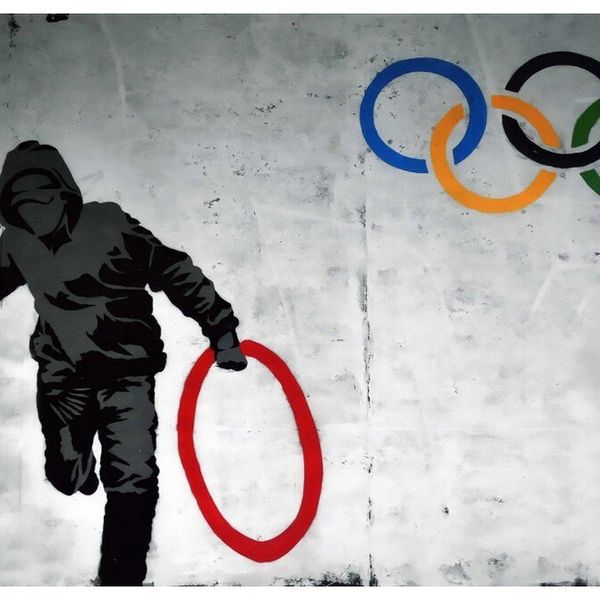Are Zika virus preventative measures in Rio enough?
As the Olympic games in Rio are fast approaching, Zika virus concerns have prompted athletes, spectators and reporters to rethink their travel plans. Although it is unlikely that the games will be postponed, athletes such as tennis player Thomas Berdych already decided to pull out of the games, stating that his commitment to his family is his utmost priority1. This particular viral strain is more dangerous than in the past and can cause birth defects such as microcephaly, a condition in which a baby’s head is abnormally small. The Centers for Disease Control and Prevention (CDC) deemed the virus level 2, and are recommending that pregnant women not travel to the Olympics. In addition, earlier this month, the World Health Organization declared the virus a public health emergency and are advising athletes to use insect repellant and practice safe sex. However, they say that there is no public health reason to postpone or cancel the games2.
Brazil and the International Olympic Committee’s (IOC) response to the outbreak thus far is less than adequate. As the games are still proceeding as scheduled, health officials have an extremely short amount of time to come up with effective preventative measures with the limited resources they have access to. Although the IOC is providing mosquito nets over athletes’ beds and advising the use of mosquito repellent, this will not obliterate the risk by any means. In addition, triple the amount of condoms have been ordered for the games3, as the virus can be sexually transmitted. However, the supply of condoms does not guarantee use nor 100% prevention.
Brazil and the IOC are not addressing are the serious complications the virus can cause for infants and pregnant woman as well as the risk of disease in Adults. They seem only to be concerned with calming the public fear of the outbreak, but are not addressing the dire consequences of the virus. What will happen if the outbreak becomes an issue during the period of the games? Is it worth the risk of exposing athletes and visitors to the virus? “In an open letter to WHO, the scientists argued new scientific finding made it “unethical” for the Games to go ahead4.” The consequences of the virus are more serious than before. Physician Dr. Ford Vox states that in his opinion, “non-essential travel to Zika endemic areas should be deferred until the situation improves, and the Olympics are not essential5.” There is a clear gap between the recommendations from the WHO and those of doctors and other individuals in the public health industry. As the serious effects of the virus are becoming known, it would be irresponsible for the IOC not to consider advice from healthcare professionals. In the words of Amir Attaran Faculty of Medicine at the University of Ottawa, "proceeding with the games violates what the Olympics stand for6." From a health perspective, it is clear that the virus poses a sizeable threat to both athletes and visitors. The Olympic committee should strongly reconsider moving or postponing the games in the best interest of athletes, visitors and the world's population.
1. http://espn.go.com/tennis/story/_/id/17088552/tomas-berdych-withdraws-rio-olympics-citing-zika-virus
2. http://www.who.int/mediacentre/news/releases/2016/zika-health-advice-olympics/en/
3. http://www.thedailybeast.com/articles/2016/07/16/olympics-2016-triple-the-condoms.html
4. http://www.mirror.co.uk/news/world-news/olympic-games-could-spread-zika-8439007
5. http://www.cnn.com/2016/05/27/health/zika-virus-olympic-games-health-officials-postpone/
6. http://harvardpublichealthreview.org/off-the-podium-why-rios-2016-olympic-games-must-not-proceed/





















